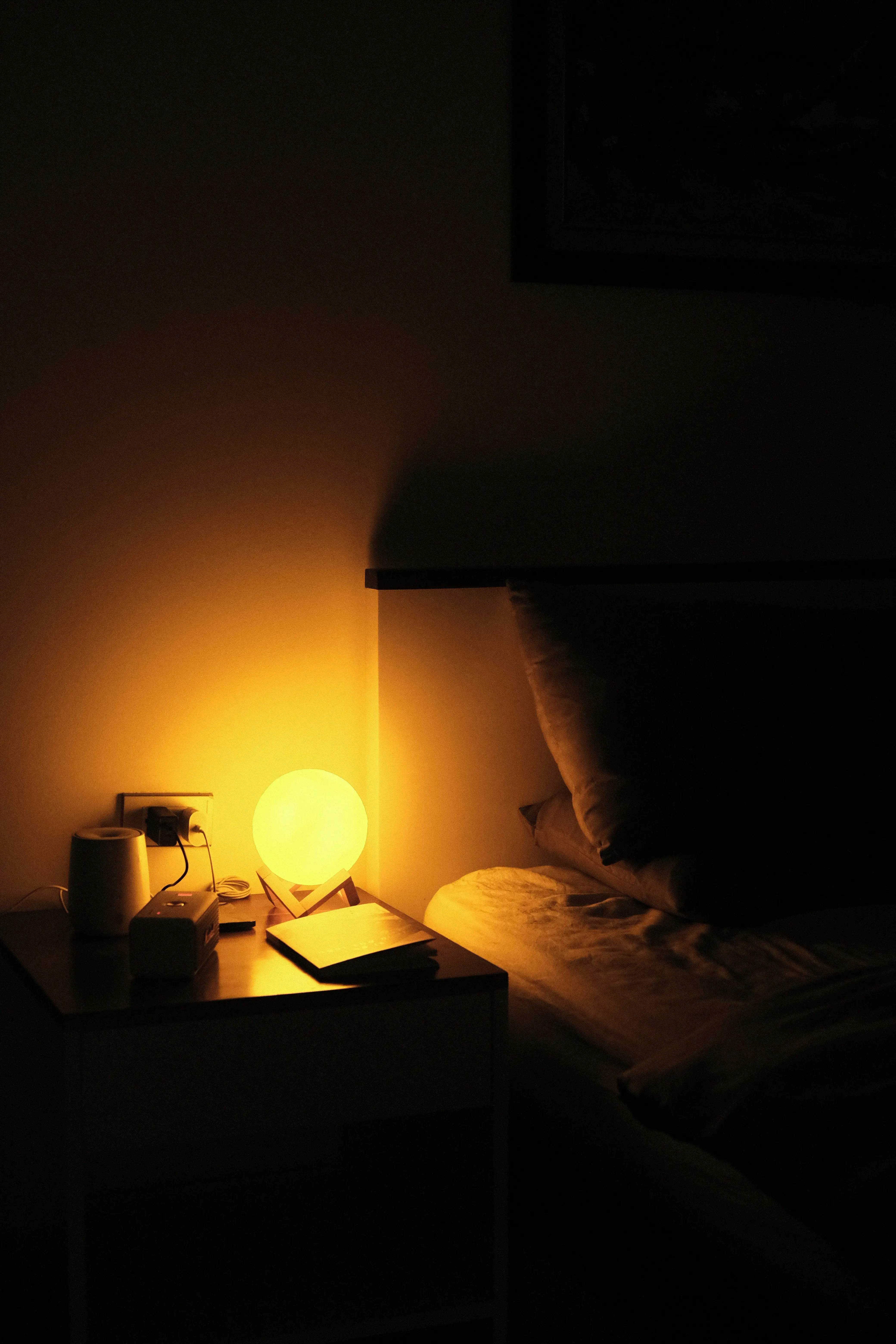Sources

Sleep like a pro: Matthew Walker's best tips & nutrients for restful nights

Why lack of sleep is so dangerous
Life hacks for better sleep – from morning to night

Morning
During the day

At evening
Nutrients that promote better sleep
| Nährstoff | Wirkung |
|---|---|
| Melatonin | Reguliert den zirkadianen Rhythmus; verkürzt die Einschlafzeit, besonders hilfreich bei Jetlag oder Schichtarbeit [19] |
| Vitamin D | Mangel mit Schlafproblemen assoziiert; ausreichende Versorgung kann die Schlafqualität verbessern [20] |
| Vitamin B6 | Fördert GABA- und Serotoninbildung – beides wirkt beruhigend [1] |
| L-Theanin | Erhöht Alpha-Gehirnwellen, reduziert Stress ohne Tagesmüdigkeit [10] |
| Glycin | Senkt die Körpertemperatur vor dem Einschlafen, fördert Tiefschlafphasen [21] |
| Lavendel | Reduziert Ängste und verbessert die subjektive Schlafqualität [22] |
| Ashwagandha | Kann Cortisol senken, Stress mindern und Einschlaflatenz verkürzen [23] |
Final thoughts on good sleep
